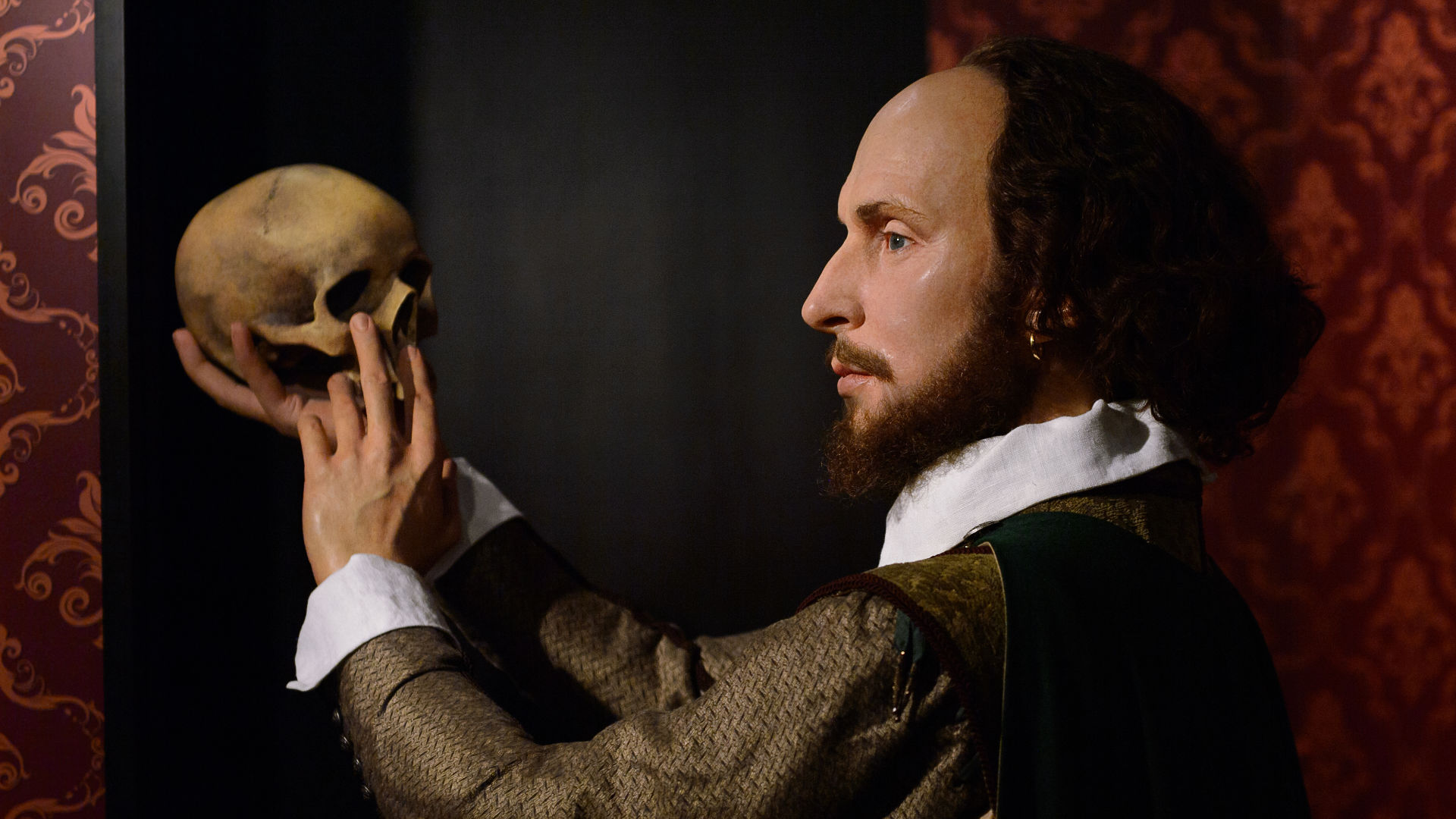Born in Stratford-upon-Avon in April 1564, Shakespeare’s exact date of birth is not recorded, but it is most often celebrated around the world on 23 April. Known for his blockbuster plays, for inventing sonnets, and as the most influential writer in the English language, you might or might not be aware that Shakespeare also invented a whopping 1,700 new words in the English language that we often use today. So, as we celebrate the Bard of Avon’s 460th (unbelievable!!) birth anniversary, here’s a list of Shakespearean words from his text; match them with their nearest meaning and you could win one of six US$50 vouchers we are giving away.
Winners to be announced on Karma Group and Karma Concierge Channels on 7th May.









Good Puzzle
Amazing Shakespearean English Puzzle
I was thoroughly amused
Thanks Neha, glad to know. we’d love to see you participate again!
Hi I am not able to submit the answers
Hi Neeraj, sorry for the inconvenience. Please send your submission to karma.concierge@karmagroup.com and we will ensure it is entered into the draw.